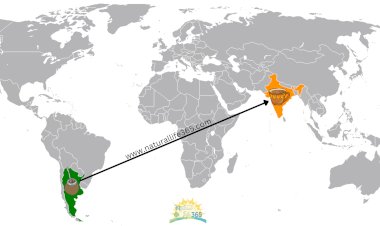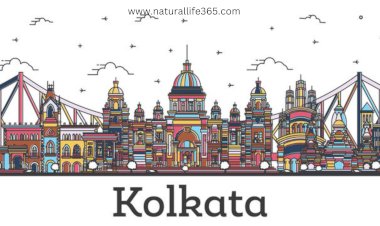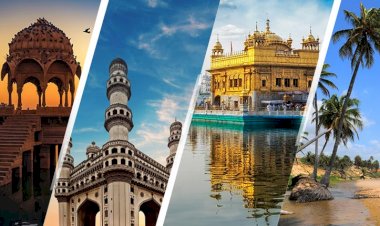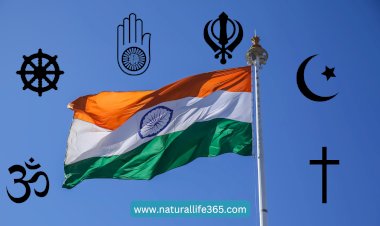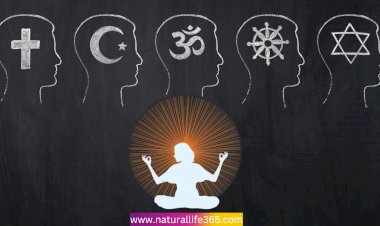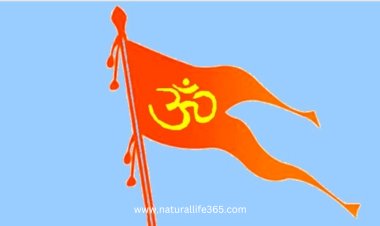Ongoing Hindu Genocide in Bangladesh: A Call for Global Awareness and Action in 2024
Uncover the truth behind the ongoing Hindu genocide in Bangladesh. This 2024 blog calls for global awareness and urgent action to protect minority rights and stop the atrocities.
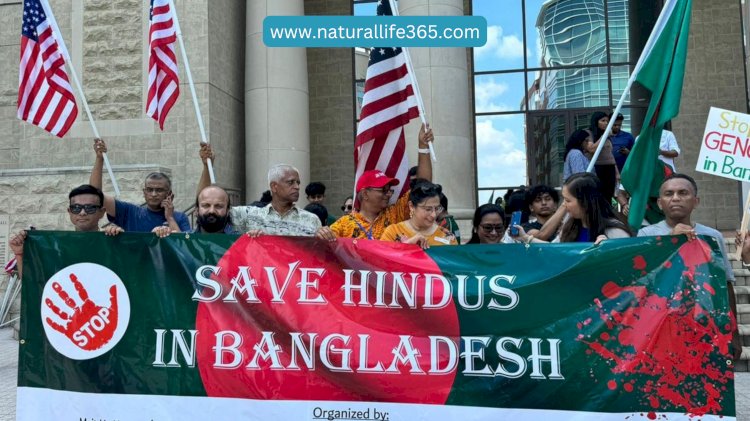
In August 2024, the Hindu community in Bangladesh once again found itself at the center of a deadly wave of violence and persecution. Despite being a secular democracy, Bangladesh has witnessed repeated attacks on its Hindu minority, a community that has faced systemic discrimination and violence for decades. The events of August 2024 have brought this crisis to the forefront, as the international community grapples with how to respond to what many are now calling an ongoing genocide.
The August 2024 Massacre: A Timeline of Violence
Photo source republicworld.com
The Hindu genocide in Bangladesh escalated dramatically in early August 2024, when coordinated attacks on Hindu villages and neighborhoods began in several regions across the country. The violence was sparked by a series of inflammatory sermons delivered by radical Islamist leaders, who accused the Hindu community of blasphemy and called for their expulsion from the country. Within days, mobs armed with machetes, firearms, and incendiary devices descended on Hindu-majority areas, killing, raping and kidnapping hundreds and displacing thousands.
In the Chittagong Hill Tracts, a region with a significant Hindu population, entire villages were set ablaze. Survivors described scenes of horror as they fled their homes, leaving behind everything they owned. In Sylhet, another hotspot of violence, Hindu temples were desecrated, and priests were brutally murdered. The violence was not limited to rural areas; in Dhaka, the capital city, Hindu businesses were looted and destroyed, and Hindu families were forced to seek refuge in makeshift shelters.
The violence continues, with reports of atrocities emerging from across the country. The Bangladeshi government, despite having a strong security apparatus, failed to intervene effectively. Many survivors and human rights activists have accused the government of turning a blind eye to the violence, if not being complicit in it.
Historical Context and the Road to 2024
Photo source www.timesnownews.com
To understand the events of August 2024, it is essential to consider the historical context of Hindu-Muslim relations in Bangladesh. The roots of the current crisis can be traced back to the partition of India in 1947, which created East Pakistan (now Bangladesh) as a Muslim-majority state. From the outset, the Hindu minority in East Pakistan faced discrimination and violence, a trend that continued after Bangladesh gained independence in 1971.
Over the decades, the Hindu population in Bangladesh has steadily declined, from about 22% at the time of partition to less than 8% today. A combination of factors, including forced conversions, displacement, and targeted killings has driven this decline. The rise of Islamist extremism in the country, particularly since the 1990s, has further exacerbated the situation. Radical groups like Jamaat-e-Islami and Hefazat-e-Islam have long viewed Hindus as infidels and have incited violence against them.
The lead-up to August 2024 was marked by increasing tensions between the Hindu community and radical Islamist groups. In the months preceding the violence, there were numerous reports of hate speech and propaganda being spread against Hindus, particularly on social media platforms. These tensions boiled over in August, resulting in one of the deadliest episodes of violence in recent memory.
The Role of the Government and Law Enforcement
Photo source myvoice.opindia.com
The Bangladeshi government's response to the August 2024 violence has been widely criticized. Despite warnings from human rights organizations and local activists about the potential for violence, the government failed to take preventive measures. When the attacks began, law enforcement agencies were slow to respond, and in many cases, did not intervene at all.
There are reports that in some instances, local police were complicit in the attacks, either by standing by as mobs wreaked havoc or by actively participating in the violence. This has led to accusations of state-sponsored genocide, with many pointing to the government's history of appeasing radical Islamist groups for political gain.
The lack of accountability for those responsible for the violence has only emboldened the perpetrators. In the weeks following the August 2024 massacre, there have been no significant arrests or prosecutions, and the government has largely remained silent on the issue. This has created an atmosphere of impunity, where the Hindu community feels increasingly vulnerable and abandoned.
The Impact on the Hindu Community
Photo source hindusforhumanrights.org
The violence has had a devastating impact on the Hindu community in Bangladesh. Thousands have been displaced, forced to flee their homes with little more than the clothes on their backs. Many have sought refuge in neighboring India, adding to the already significant number of Bangladeshi Hindu refugees in that country. Those who remain in Bangladesh live in constant fear, unsure of when the next attack might come.
The psychological toll of the violence is immense. Survivors have reported severe trauma, with many experiencing symptoms of post-traumatic stress disorder (PTSD). The destruction of temples and religious sites has also had a profound impact on the community, as these spaces were not just places of worship but also symbols of their cultural and religious identity.
Economically, the Hindu community has been devastated. Many have lost their homes, businesses, and livelihoods. The destruction of property has further impoverished a community that was already economically marginalized. With little hope for justice or restitution, many Hindus are contemplating leaving Bangladesh permanently, further depleting the already shrinking Hindu population in the country.
International Response and the Path Forward
Photo source OpIndia
The international response to the August 2024 violence has been slow and tepid. While some human rights organizations and foreign governments have condemned the attacks, there has been little concrete action to address the crisis. The United Nations has issued statements calling for an investigation, but no significant steps have been taken to hold the Bangladeshi government accountable or to protect the Hindu community.
India, Bangladesh's closest neighbor and the world's largest Hindu-majority country, has expressed concern over the violence. However, diplomatic efforts to pressure Bangladesh have been limited, as the two countries share complex political and economic ties. The Indian government has faced criticism for not doing enough to protect the Hindu refugees fleeing Bangladesh or to raise the issue more forcefully on the international stage.
For the Hindu community in Bangladesh, the path forward is fraught with challenges. There are calls for stronger international intervention, including the imposition of sanctions on Bangladesh and the establishment of an international tribunal to investigate the genocide. Human rights activists are also advocating for greater support for Hindu refugees in terms of humanitarian aid and legal protection.
Final Words
The events of August 2024 have brought to light the ongoing genocide against the Hindu community in Bangladesh. This crisis, which has its roots in decades of systemic discrimination and violence, demands immediate attention from the international community. Without decisive action, the Hindu community in Bangladesh risks being further decimated, and the principles of human rights and justice will continue to be undermined.
As the world watches, governments, international organizations, and civil society must come together to address this crisis. The Hindu genocide in Bangladesh is not just a tragedy for one community; it is a stain on the conscience of humanity, and it must be stopped before it is too late.
If you value these free online resources provided by Natural Life 365, please consider supporting my website by sharing the blogs ![]()










